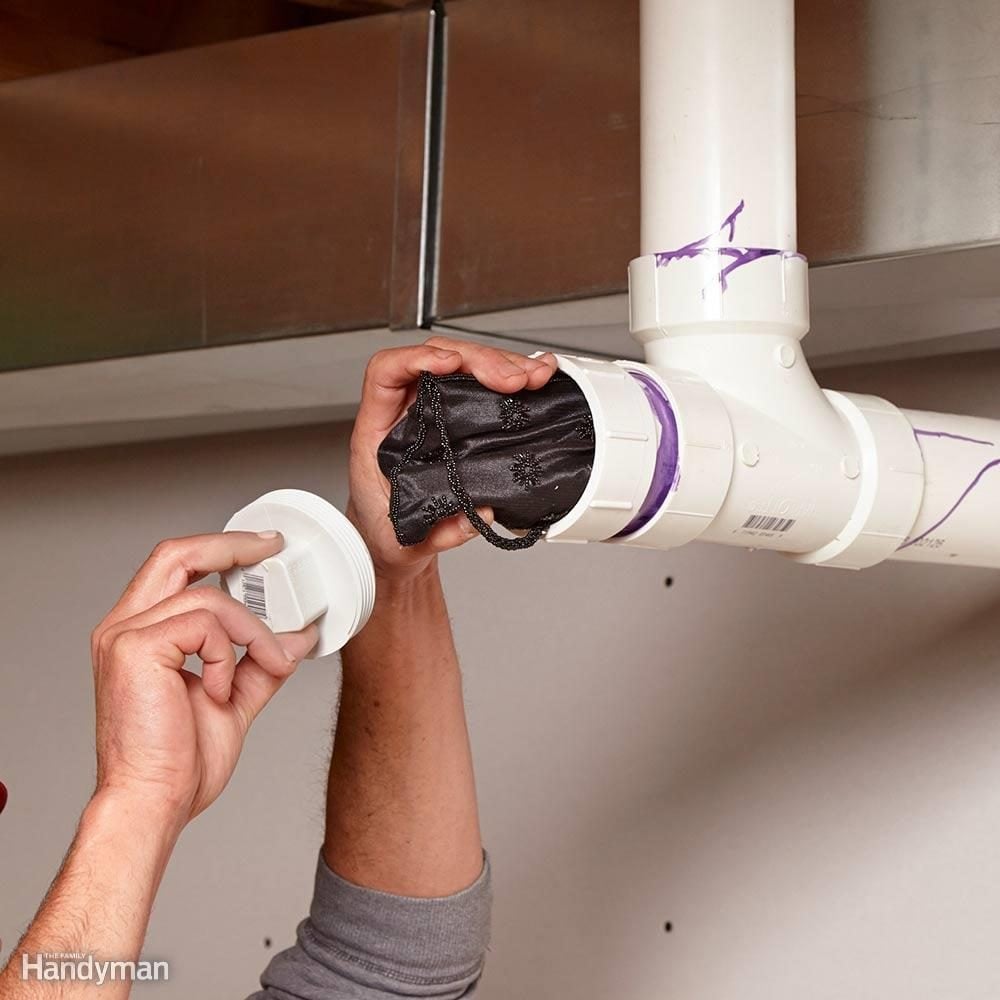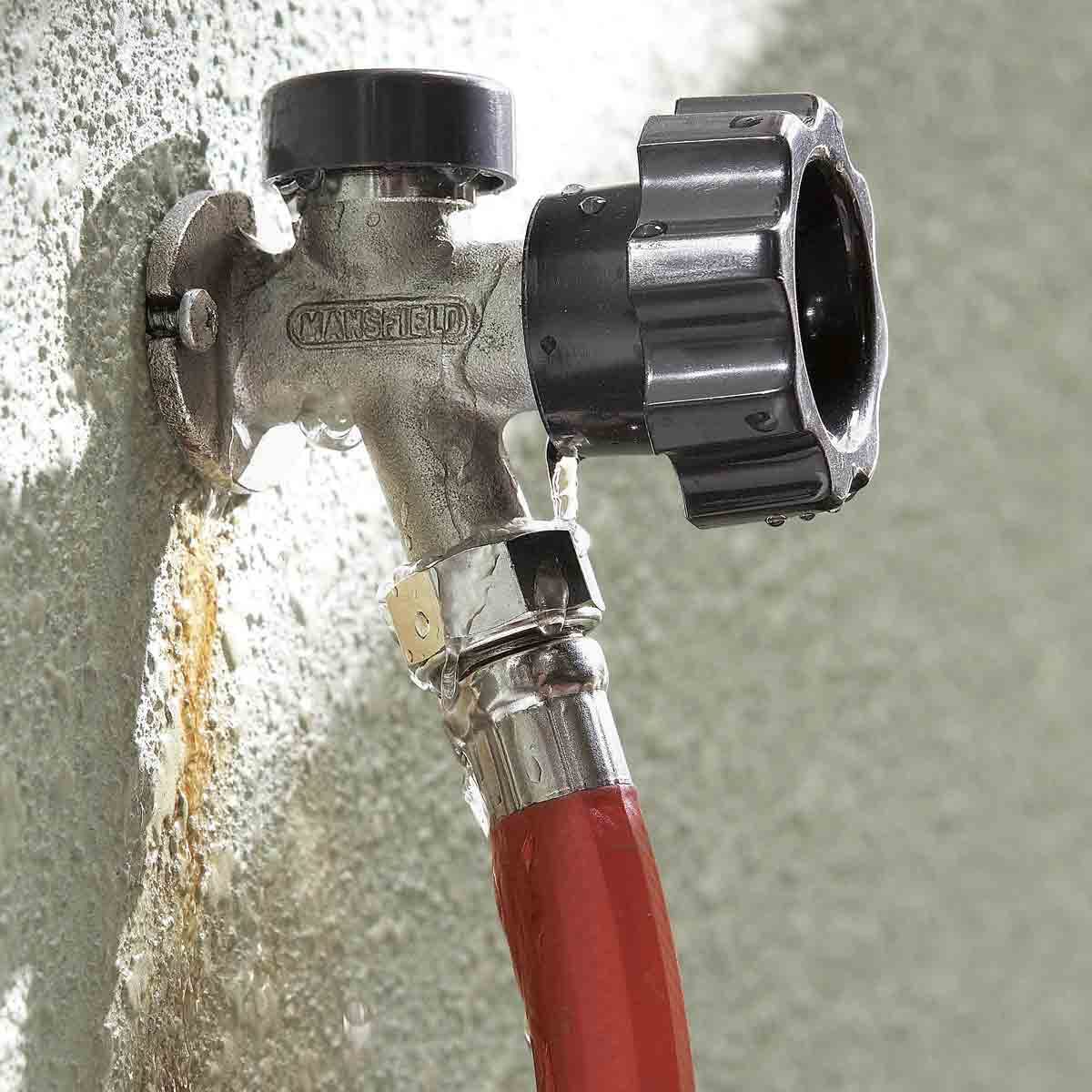Just about everyone has their private idea on the subject of Winterizing Your Pipes.

All house owners who live in warm environments must do their best to winterize their pipelines. It is something you should do throughout autumn before deep wintertime absolutely starts. Failing to do so can mean catastrophe like icy, split, or ruptured pipelines. Right here are some convenient winterizing hacks to keep your plumbing system protected even if the climate outside is terrible.
Try a Hair Dryer or Warm Weapon
When your pipelines are virtually freezing, your reliable hair clothes dryer or heat weapon is a godsend. If the warm towels do not assist dislodge any kind of settling ice in your pipelines, bowling warm air directly right into them might aid. You might finish up damaging your pipelines while attempting to melt the ice.
Open Cabinet Doors Hiding Plumbing
When it's cool outside, it would be valuable to open cupboard doors that are concealing your pipelines. They might be somewhere in your kitchen area or shower room. This will allow the cozy air from your heater to flow there. Because of this, you avoid these exposed pipes from cold. Doing this little trick can maintain your pipelines cozy and restrict the possibly dangerous outcomes of freezing temperatures.
Take Time to Cover Exposed Piping
One nifty as well as very easy hack to heat up frigid pipes is to wrap them with warm towels. You can also make use of pre-soaked towels in hot water, just do not forget to use protective gloves to protect your hands from the heat.
Switch on the Faucets
When the temperature level decreases and it seems as if the icy temperature will certainly last, it will certainly assist to switch on your water both inside as well as outdoors. This will certainly maintain the water streaming with your plumbing systems. Additionally, the activity will slow down the freezing procedure. Especially, there's no demand to turn it on full blast. You'll end up wasting gallons of water in this manner. Rather, aim for about 5 decreases per min.
Shut down Water When Pipelines are Frozen
Turn off the main water valve promptly if you see that your pipelines are totally frozen or nearly nearing that phase. You will generally find this in your cellar or utility room near the heater or the front wall surface closest to the street. Transform it off right now to avoid further damages.
With more water, even more ice will stack up, which will ultimately lead to rupture pipes. If you are unclear concerning the state of your pipes this winter season, it is best to call a professional plumber for an inspection.
All homeowners that live in pleasant climates must do their best to winterize their pipes. Failure to do so can spell catastrophe like frozen, cracked, or burst pipelines. If the hot towels do not help dislodge any type of resolving ice in your pipelines, bowling warm air directly right into them may assist. Turn off the main water shutoff immediately if you see that your pipelines are entirely frozen or virtually nearing that stage. With even more water, even more ice will certainly load up, which will eventually lead to burst pipes.
PREVENT YOUR PIPES FROM FREEZING THIS WINTER
A Leading Cause of Property Damage
When the weather is taking a deep nose dive into the cold dreary days, the risk of your pipes freezing and potentially bursting skyrockets. Unfortunately, during these cold dreary months, burst pipes are the most common denominator for property damage. The pipes that are most at the risk are those that are in areas where it is most cold in your home. For instance, pipes located in interior places such as basements, attics, and your garage. Unfortunately, that doesn’t mean that the pipes running through your cabinets or exterior walls can’t freeze. Good news, however, is that you can do things to help prevent pipes from freezing.
How to Prevent Pipes From Freezing
Once the temperature starts to drop during the winter, you should be taking the proper measures needed to ensure that your pipes stay warm and that there is circulation of water through them. Some steps that experts may recommend could go against your better judgement when it comes to saving water and heat. However, it would go without saying that when expenses are compared, damaged pipes could put a bigger dent in your wallet than a water bill.
What Can I Do?
Keep your garage door closed. This is very important, especially if you have water supply lines running through your garage. Open your kitchen and bathroom cabinets to allow warm air to circulate through them. Allow air circulation throughout your home. Keeping the interior doors open will once again allow the warm air to circulate inside your home. Ensure your thermostat is running the same temperature throughout the night and day. If you plan to be away from home during the cold months, set your temperature no lower than 55° F. This should provide enough heat to keep the pipes warm and prevent any remaining water inside the pipes from freezing. For more of a long-term solution, add insulation to attics, basement, and other crawl spaces around your home. By allowing your faucet to drip, it will alleviate pressure in the system. This is important because the pressure that is created between the blockage and the faucet can potentially cause the pipes to burst. Allowing the faucet to drip will prevent the pressure from building up, therefore keeping the pipes from bursting. Seal any cracks, openings, and crawl spaces around your home to prevent cold air from coming inside. This keeps your pipes-not to mention your home-warmer and less susceptible to issues caused by freezing temperatures. For the pipes in your home that are easily accessible, applying electrical tape to them might prevent them from freezing over. This is a quick fix, as you can apply the tape directly to the pipe. There are two options for heating tapes. One turns on and off by itself when it senses heat is needed. The other type of heating tape needs to be applied when heat is needed and removed when not necessary. If you have exposed pipes in your home, you can check this website to take a look at a few options that would be available at a shop near you.

Do you really like more info about Winterizing Your Pipes? Leave a review further down. We'd be pleased to find out your thoughts about this blog. Hoping that you visit us again in the near future. Sharing is caring. Who knows, you might be doing someone a favor. Bless you for your time. Visit again soon.
This Page